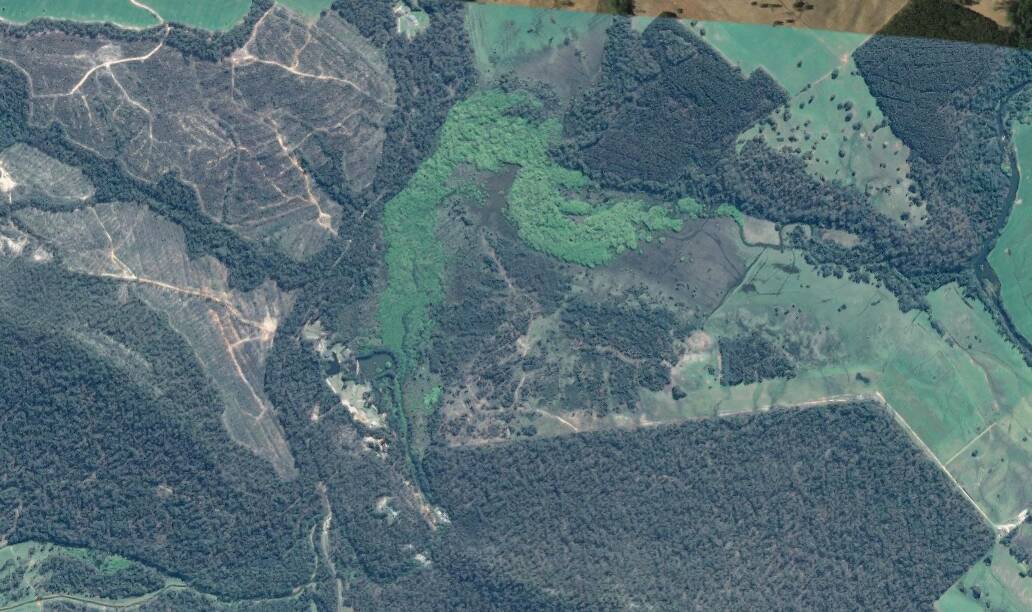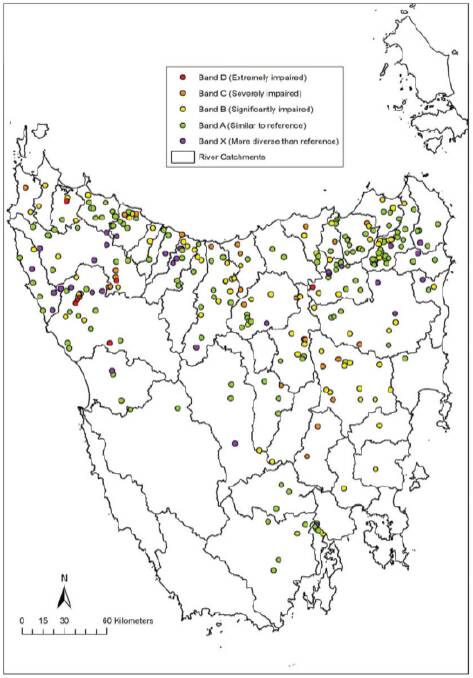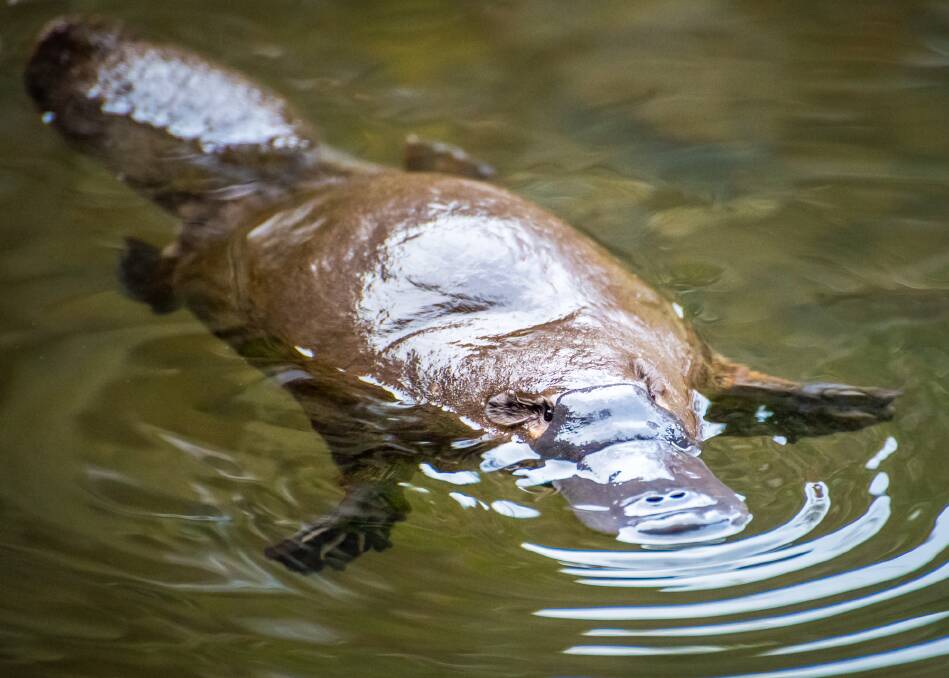
A willow infestation "choking" a creek upstream from the Meander Valley at Deloraine paints a picture of how a lack of oversight is harming the ecology of Tasmanian rivers, a long-term Landcare and river health campaigner says.
Subscribe now for unlimited access.
$0/
(min cost $0)
or signup to continue reading
A river health report - completed out by the Department of Primary Industries, Parks, Water and Environment in February last year - was not publicly released until a recent Right to Information request from the Tasmanian Greens.
It examined temporal and spatial river health information from 1994 to 2018 and found 41 per cent of the monitoring sites had declining trends in river health, typically at lower reaches of the rivers.

The report pointed to agricultural land use, salinity and water extraction as reasons for the decline.
Among the sites with reported significant or severe declines were those in the Meander Valley, which did not come as a surprise to Kevin Knowles from the Upper Meander Catchment Landcare Group.
He said his experiences with Western Creek - where an extensive willow infestation has spread quickly, with intensifying agricultural uses upstream - showed how inefficient regulatory bodies were when handling water quality issues.
Between Meander Valley Council, TasWater, Tasmanian Irrigation, DPIPWE and the EPA, Mr Knowles could not find a body to look into the problem.
"Deloraine water is mud now," he said.
"Every time it rains, because these willows have choked the river, a whole heap of mud goes down the river. The upper catchment has an area called Dairy Plains - acid sulfate soils - that are highly erodible and contain heavy metals.
"We've had a huge change in land use with irrigation and huge dairy farms. It's intensive agriculture on highly erodible soils."
A citizen science project also showed a declining number of platypus sightings in Deloraine.

The DPIPWE river health report was raised in budget estimates last week, including why it was not publicly released and why its recommendations were redacted. Other rivers showing notable declines included the Mersey, Ringarooma, Forth, Great Forester and Emu.
Primary Industries Minister Guy Barnett pointed to the Rural Water Use Strategy released in March as a vehicle through which "challenges and concerns" could be responded to. A reference group has been established to examine the Northern rivers.
The Greens were also concerned about a lack of compliance from DPIPWE in regards to water issues, with 152 investigations undertaken since March 2018, and seven infringement notices issues since March 2016, data also released under RTI.
A department spokesperson said there was a tiered approach to compliance which started with education, then cautions.
READ MORE: Make-up artist jailed over $65k fraud
Greens leader Cassy O'Connor said the DPIPWE river health report showed that Tasmania needed "an inquiry into the management of ... freshwater resources".
"It's time to take a careful look at exactly what is happening with Tasmania's river systems. That's why the Greens have been pushing to establish a Parliamentary Inquiry into freshwater management," she said.
What do you think? Send us a letter to the editor:
Our journalists work hard to provide local, up-to-date news to the community. This is how you can continue to access our trusted content:
- Bookmark www.examiner.com.au
- Make sure you are signed up for our breaking and regular headlines newsletters
- Follow us on Twitter: @examineronline
- Follow us on Instagram: @examineronline
- Follow us on Google News: The Examiner



